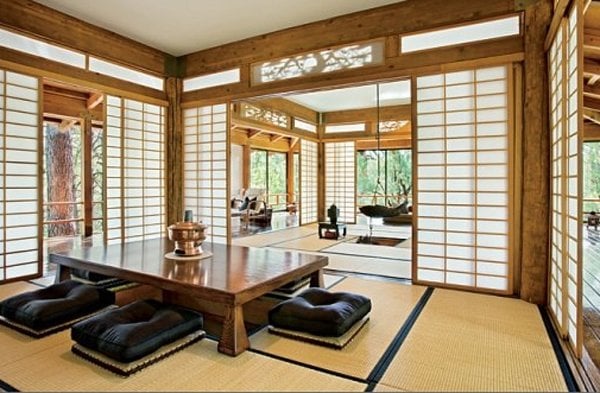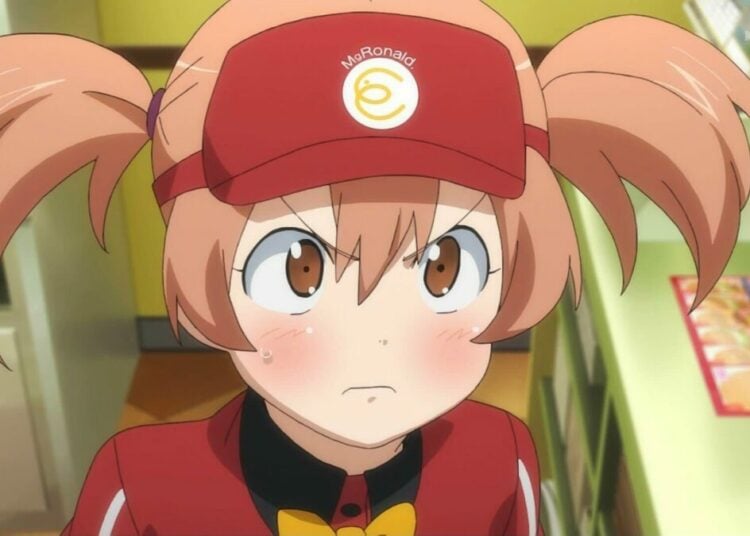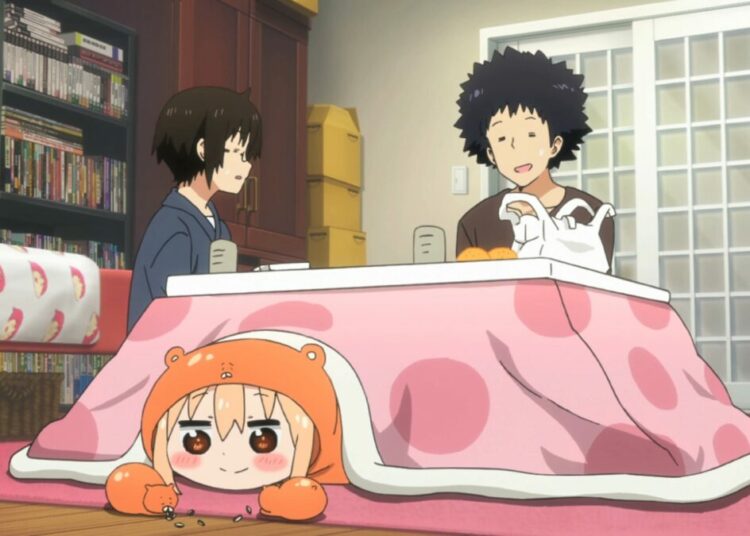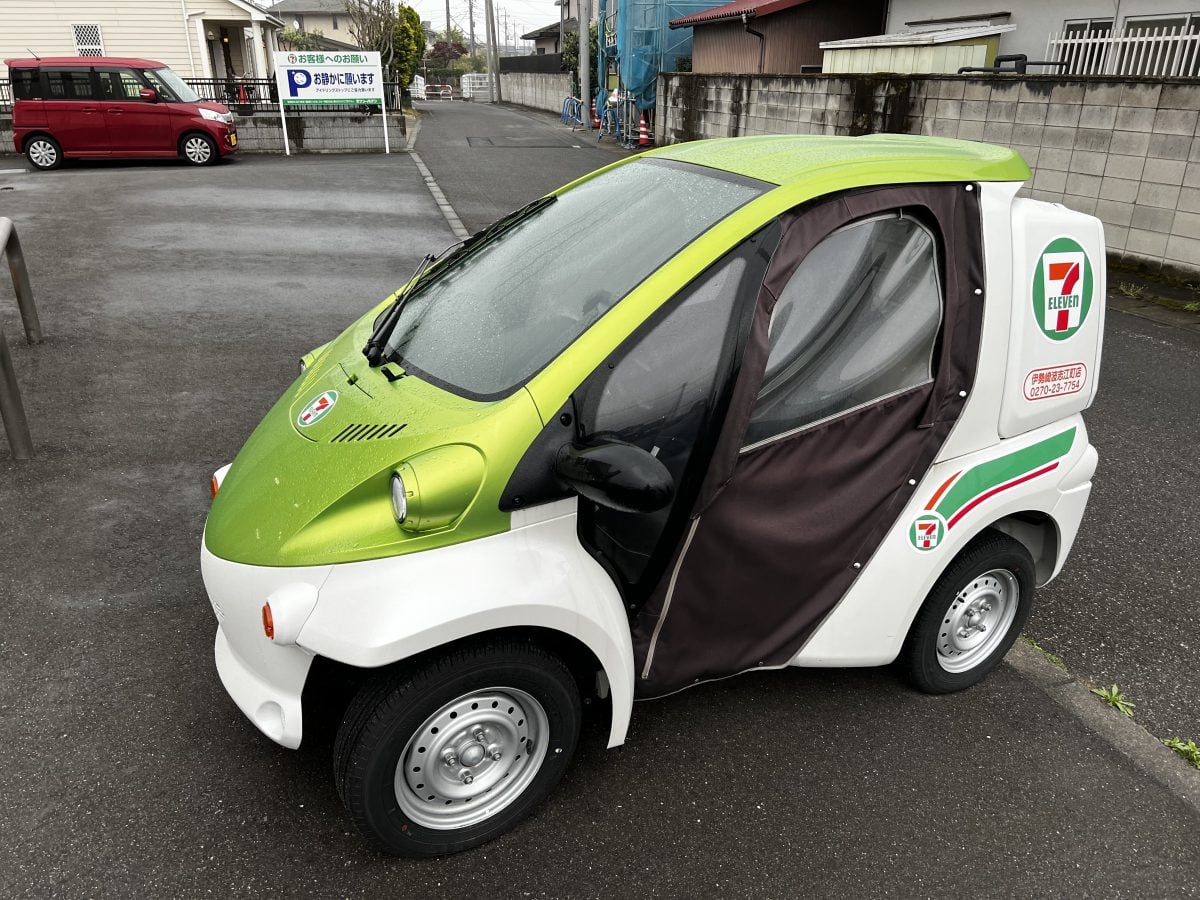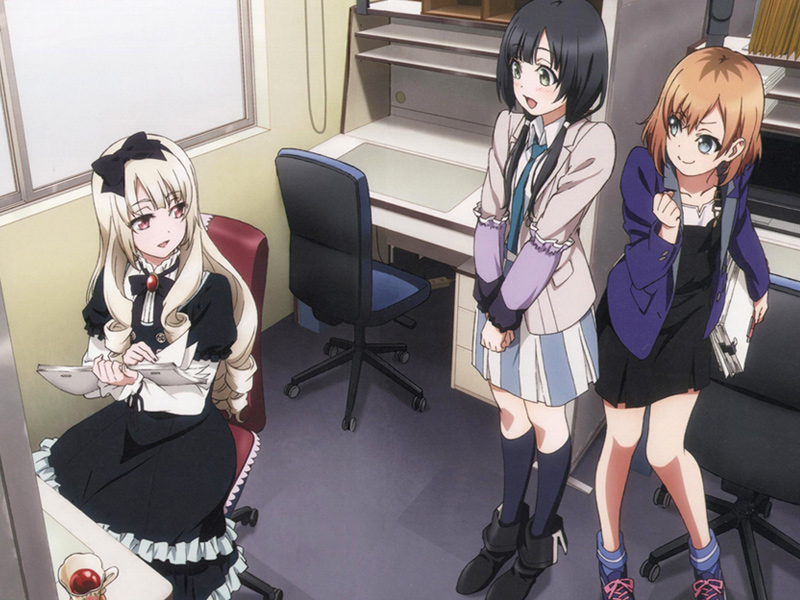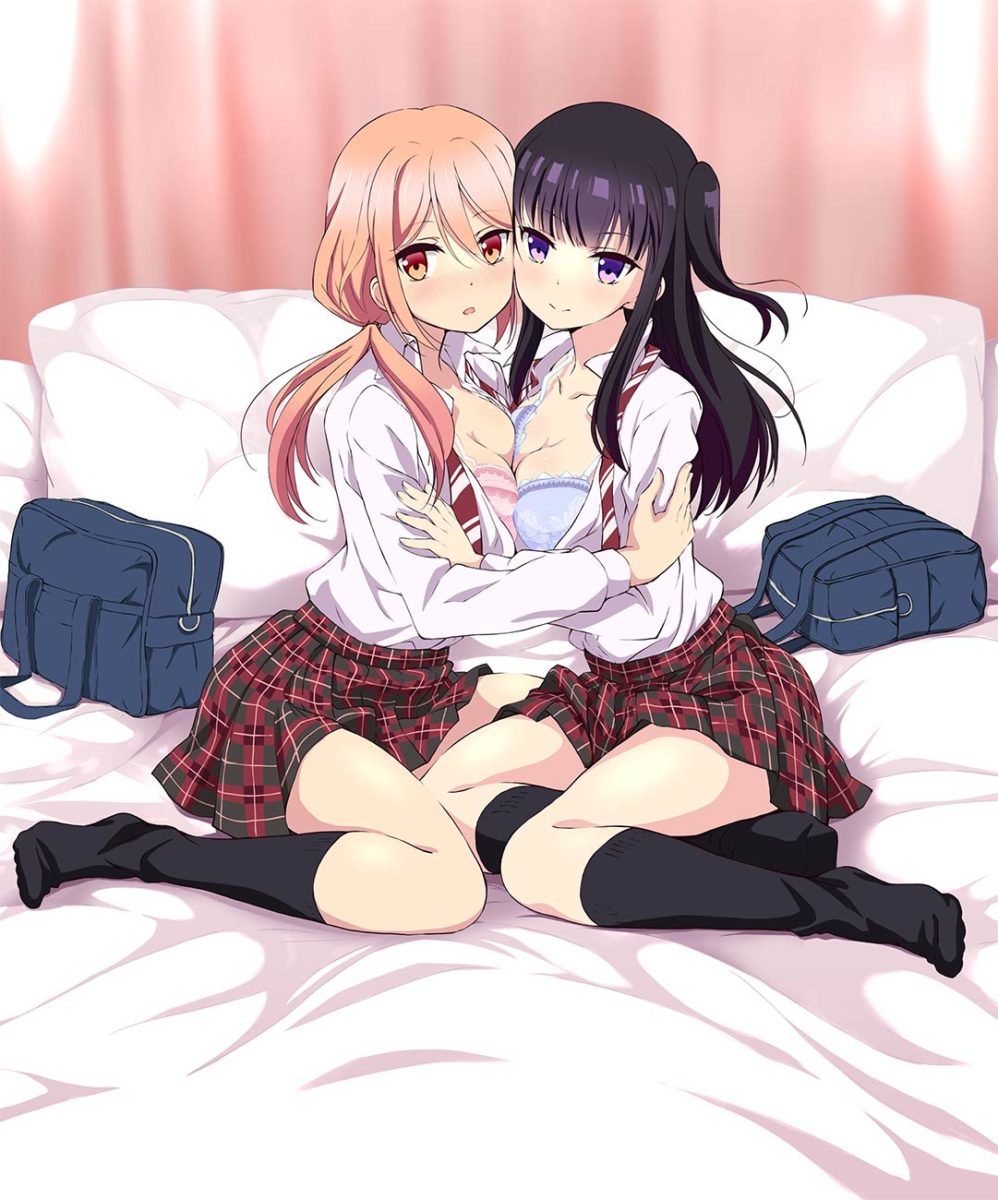Many English speakers know the Japanese word wa, which means harmony and peace, and it’s not rare to hear someone say, “Man you’re really messing up my wa, dude.” But there’s a similar word wa that’s probably more important to daily life in Japan, meaning ring, hoop, or circle, and is the word most used to describe a circle of friends or some other group of mutual acquaintances. The Japanese are, of course, a very group-oriented people, and there are mechanisms in place for ensuring that relationships work smoothly all around. Back in my teaching days, I observed that every Japanese seems to have at least two sets of core friends: those they’ve known since elementary and junior high school, which are where compulsory education in Japan ends; and a different set of friends who they met in high school. (Everyone is very careful to manage these relationships separately, as mixing groups of friends will result in way too much politeness.) One of the major themes in a lot of anime series is the way love interests disrupt the balance in a circle of close friends. In Kokoro Connect, Inaba is torn apart by her love for the main protagonist, Taichi, but tries to say nothing lest the group “become unable to be together as five people, together.” More than the love she feels for someone, preserving the happiness of the group is more important.
Preserving the balance of relationships is important in Japan.
